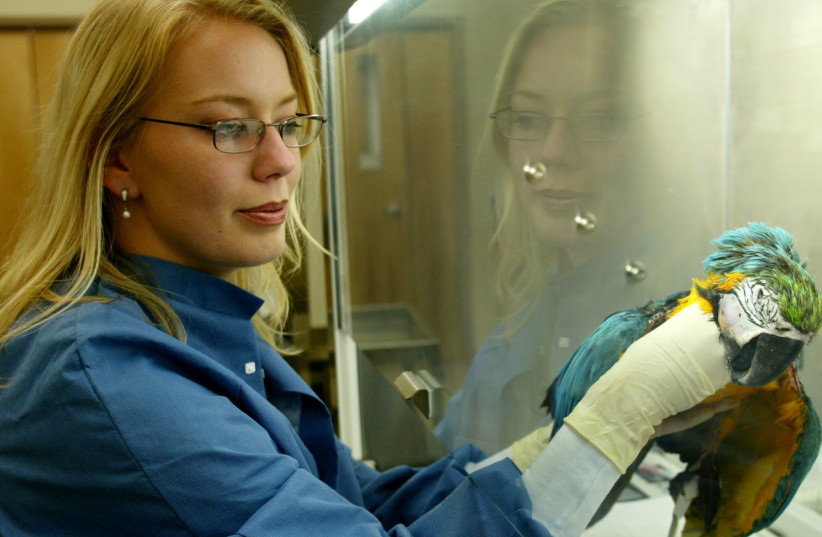Israel's Health Ministry announced on Sunday that there are currently 21 people diagnosed with West Nile virus, of which 17 have been hospitalized with neurological symptoms.
Of the confirmed cases, two patients died over the weekend at Rabin Medical Center-Beilinson Campus, and there are currently three on ventilators.
Among the patients, the first individual diagnosed with the disease at Wolfson Hospital was a man in his sixties. He was found to be in a moderate condition at the time of diagnosis.
In response to these findings, the Health Ministry took action to refine the guidelines for medical teams. The updated instructions provided more precise protocols for handling the situation.
Prof. Yasmin Maor, Director of the Infectious Diseases Unit at the Wolfson Medical Center, explained that West Nile fever is a longstanding disease that has been prevalent in the Middle East since the early 20th century. Cases of the disease were first documented near the Nile in Uganda in the 1930s, which is how it got its name.

West Nile fever is a viral disease transmitted through mosquito bites, and the mosquitoes responsible for spreading this virus are commonly found in Israel, where the disease has been known for many years.
Prof. Maor emphasized that the infection occurs exclusively through the bite of a mosquito carrying the specific virus. It is crucial to understand that the disease is not transmitted from person to person. Therefore, even if a family member or someone we have been in contact with contracts the fever, there is no risk of it spreading to us through human contact.
The Health Ministry adds comments
The Health Ministry explained that around 80% of individuals infected with the disease will remain asymptomatic. About 20% will experience symptoms of varying severity, such as fever, general malaise, headaches, or generalized body aches. Neurological complications are rare, affecting less than 1% of those infected. The risk of serious illness is higher among older adults and individuals with weakened immune systems.
The disease has been present in Israel for several years, typically occurring between June and November. However, this year saw an earlier onset of the illness, likely due to climate changes in Israel and globally.
